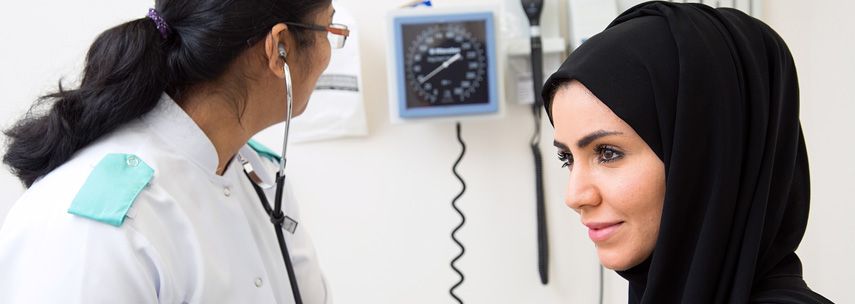
If you have been diagnosed with diabetes, there are certain health implications related specifically to your gender; whether you are a man or a woman. If you are a woman, diabetes can contribute to a number of other health related issues. Some of the health implications for women with diabetes include:
Depression
Having diabetes increases the risk of depression in both men and women. Symptoms of depression can dramatically impact a person’s health by impacting their appetite, sleeping patterns and day to day life. Depression also impacts the degree to which you relax and have fun. It is not unusual to feel angry, upset and low in mood following the diagnosis of diabetes. As you start learning more and understanding your condition the feelings of depression should subside. However, if you feel you are not improving then discuss this with your doctor.
Polycystic Ovary Syndrome (PCOS)
PCOS is a major cause of female infertility. Although the exact cause of PCOS is not known, many women who have PCOS also have diabetes; this has encouraged a number of studies focusing on the link between insulin and the condition. It has been suggested that high insulin levels can worsen the symptoms of PCOS. The symptoms of PCOS include:
- Abnormal menstrual cycles
- No periods
- Irregular bleeding
- Heavy and prolonged bleeding
- Periods which are painful
- Difficulty in getting pregnant
- Acne
- Facial hair (outside of what is normal for your ethnic group)
- Waist bigger than hips (or a waist over 35 inches)
- Dark patches of skin where the skin folds at the waistline, armpit or groin area (Acanthosis Nigricans)
Sexual health
Diabetes can affect a woman’s sexual health. Associated issues, or things to consider and discuss with your clinician, may include:
- A low sex drive
- Vaginal dryness
- Birth control measures
- Menstrual cycle and hormonal issues
- Menopause and hormone replacement therapy
It is very important to understand how your health, including your psychological and sexual health, can be affected by diabetes. You should feel welcome to address all health-related issues and concerns with your medical team; HMC’s clinicians are on hand to provide you with the most up-to-date advice and support to help you manage all of your symptoms.
Pregnancy and diabetes
If you are a woman with diabetes and are considering pregnancy, you should discuss this with the diabetes team before becoming pregnant. Use contraception to prevent an unplanned pregnancy. It is important that you have good control of your blood glucose levels before you get pregnant and throughout your pregnancy to increase the chances of having a healthy baby. Talk to the diabetes team about the blood glucose levels you should be aiming for. Poorly controlled blood glucose levels will increase the risk that your baby will not develop properly. There are some diabetes medications that should not be taken during pregnancy; this should be checked by your doctor.
In addition to planning your pregnancy to ensure your baby is healthy, your health is important too. It is important that you have your eyes checked before and during your pregnancy to make sure you do not have retinopathy, which can affect your vision if left untreated.
Maintaining a healthy lifestyle and making healthy choices around food intake and exercise levels before and during pregnancy can help maintain good blood glucose levels.
